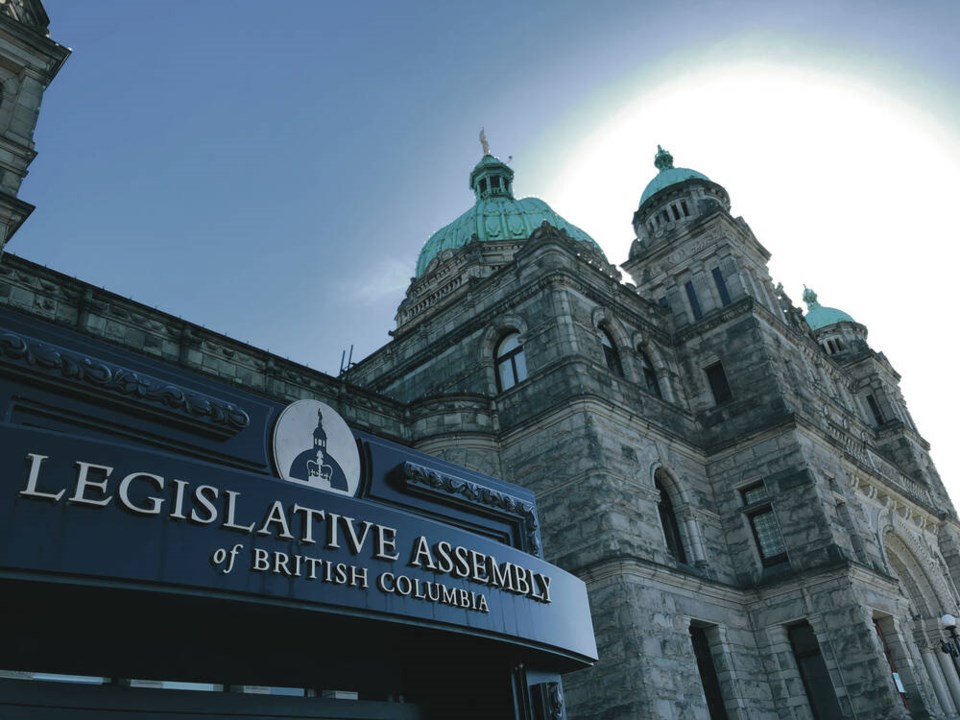The Federal Court’s ruling last month that the Justin Trudeau government’s decision to invoke the act “does not bear the hallmarks of reasonableness” is correct.
Instead of admitting they overstepped, the government is appealing the ruling.
“The public safety of Canadians was under threat, our national security, which includes our national economic security, was under threat,” Deputy Prime Minister Chrystia Freeland told reporters.
How can she say that with a straight face?
Canadian public safety and national economic security is under greater threat every day from the opioid crisis, not enough doctors and nurses, and too many prolific criminal offenders, just to name three other social issues, than it ever was from the Freedom Convoy.
Did the protesters stay too long? Did some of them harass downtown Ottawa businesses, residents, and workers? Did some of them say and do stupid things?
Sure, they did, but that hardly warrants invoking the Emergencies Act.
By dragging this out, the Trudeau Liberals continue to prove a central point of the Freedom Convoy: politicians – regardless of their party or ideology – can’t resist the temptation of using government authority to silence their critics and infringe on individual rights.
The BC NDP got into the game in 2023 by updating emergency management regulations to “improve how we manage emergencies like pandemics, floods and wildfires.”
The improvement? Local governments have more responsibility, but the provincial government has more power.
The regional districts of Fraser Fort-George and Peace River have sounded the alarm about the costs, matched by mounting public concern about unchecked government authority during a crisis.
From COVID-19 pandemic restrictions to wildfire and flooding evacuation orders, most people are willing to comply, but some choose not to.
Such is life in a democracy for elected officials, bureaucrats and citizens living together with a constitution that enshrines individual rights.
Government should have emergency powers but political leaders should only be willing to use them when there are no other options and when all else has failed.
Leaders are caught in a bind because invoking emergency authority sooner rather than later is often seen in the moment and in hindsight as acting quickly and decisively, before the situation escalates.
It’s messy, it’s imperfect, it never goes according to plan, regardless of whether government restricts individual freedoms for the good of the community or not in the face of a crisis.
That’s why those powers should be kept in a glass box with a sign on it that reads: “In case of emergency, break democracy.”
That might help present and future elected officials decide if the crisis before them is actually an emergency or just another problem.
Neil Godbout is the editor of the Prince George Citizen.



